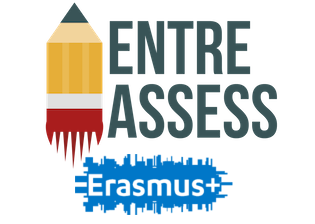 What it is: ATC21S is a system enabling formative assessment of Collaborative Problem Solving. ATC21S™ has been designed to support the development of social and cognitive skills needed to become a good collaborative problem solver.
What it is: ATC21S is a system enabling formative assessment of Collaborative Problem Solving. ATC21S™ has been designed to support the development of social and cognitive skills needed to become a good collaborative problem solver.
How it works: The system consists of four main components:
- Empirical progressions representing a typical pathway for Collaborative Problem Solving (CPS) skill acquisition;
- An online assessment platform containing prototype assessment tasks. Tasks require students to work in pairs and collaborate in real time. Students responses are recorded in a log file and rated automatically;
- A survey completed individually by each student;
- Individual and whole-class reports.
Benefits: The system adopts a developmental learning approach to assessment and instruction. It guides a student’s learning forward along a path of increasingly complex knowledge, skills, and abilities. Reports provide data on the emergence of skills mapped against empirical progressions that allow teachers to identify patterns and gaps at individual and/or class level and tailor instruction accordingly to challenge their students to move forward on a developmental continuum. The Project website provides open access to five professional development modules for teachers.
Challenges: None of the designed tasks could sample all the elements of the CPS construct comprehensively. The capacity to capture cognitive skills is greater than the capacity to capture the social skills. The empirical progression needs further investigation. Some other challenges relate to the limitations of online administration and complexity. Potentially a similar approach could be scaled up and adopted to assess application of skills in real-world contexts without compromising the ability to measure them.
Relevance for entrepreneurial teaching: ATC21S conceptualisation of Collaborative Problem Solving as a combination of cognitive and social processes displays a good number of features defining the entrepreneurial key competence (e.g.: goal setting, resource management, tolerance for ambiguity, audience awareness, negotiation, to name a few). The rigorous approach to build an empirical progression and the elaboration of a set of IT-based prototype assessment tasks represents an inspiring example for the design of entrepreneurial teaching and learning activities and assessment tasks.
Applied assessment methods: Formative Assessment, IT-based Assessment, Performance Assessment.
Examples from practice: During 2009-2012, the prototype tasks were trialled by schools in Australia, Singapore, the United States, the Netherlands, Finland and Costa Rica. In 2011, each participating country assessed a minimum of 660 secondary school students.


